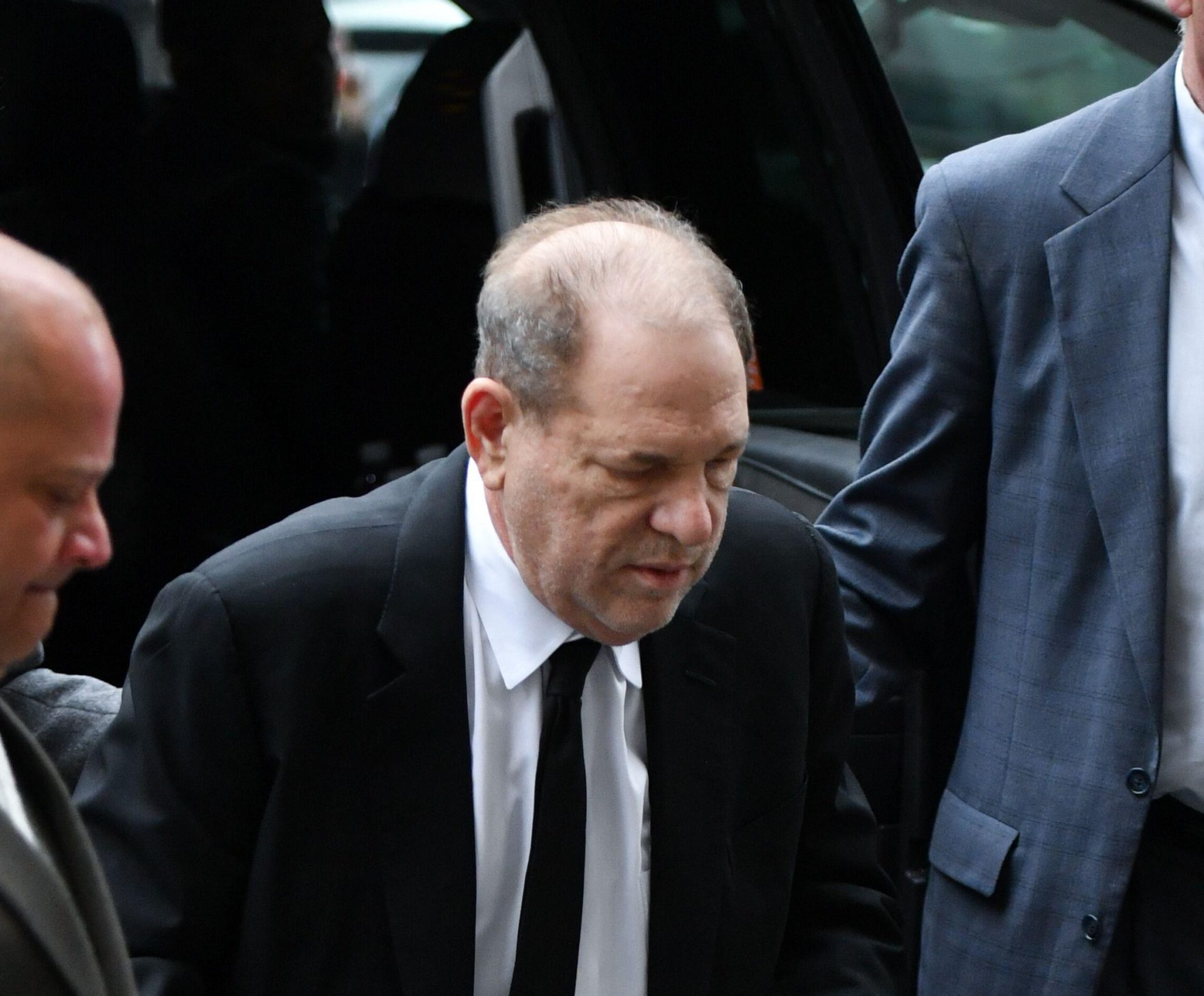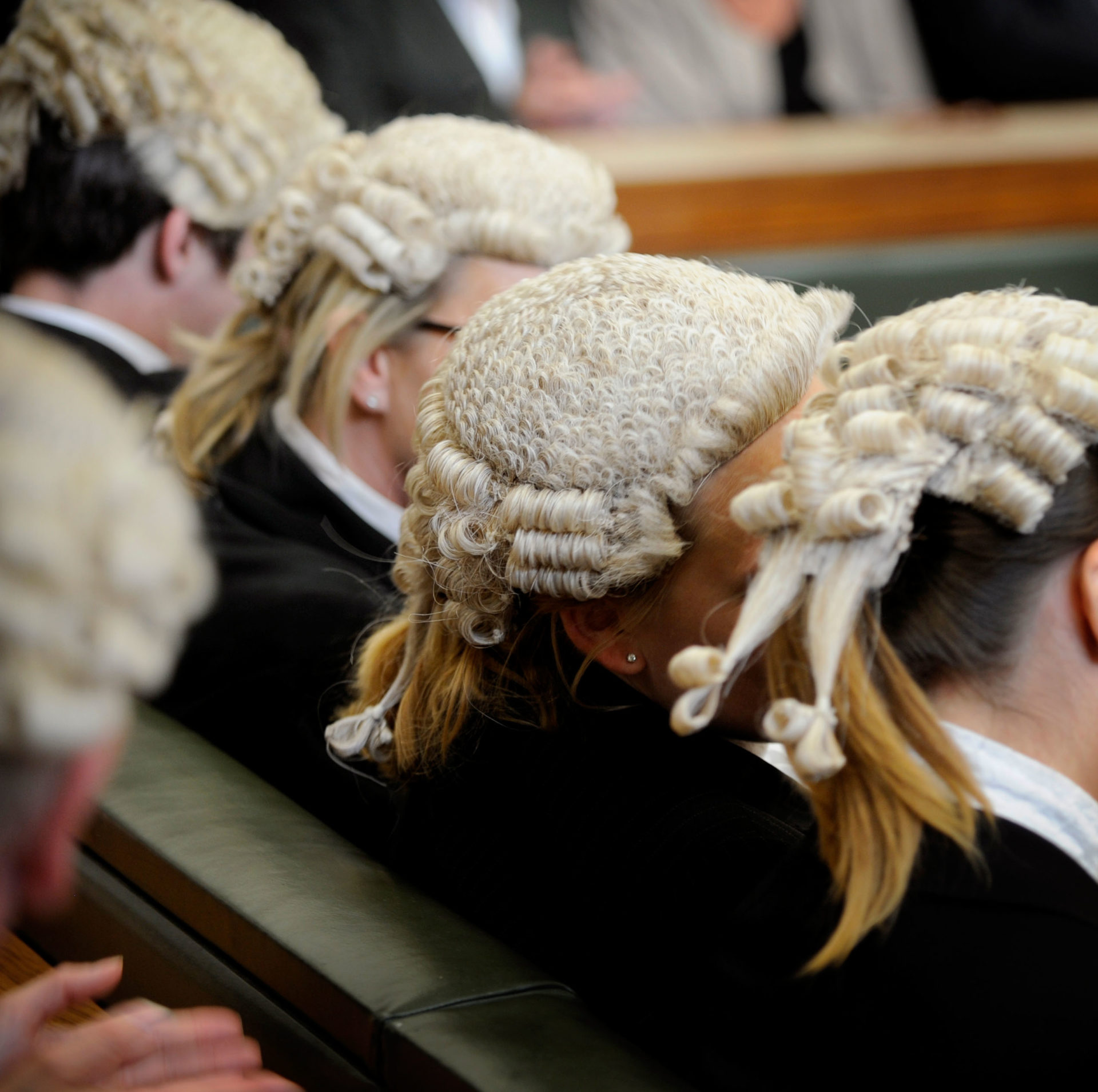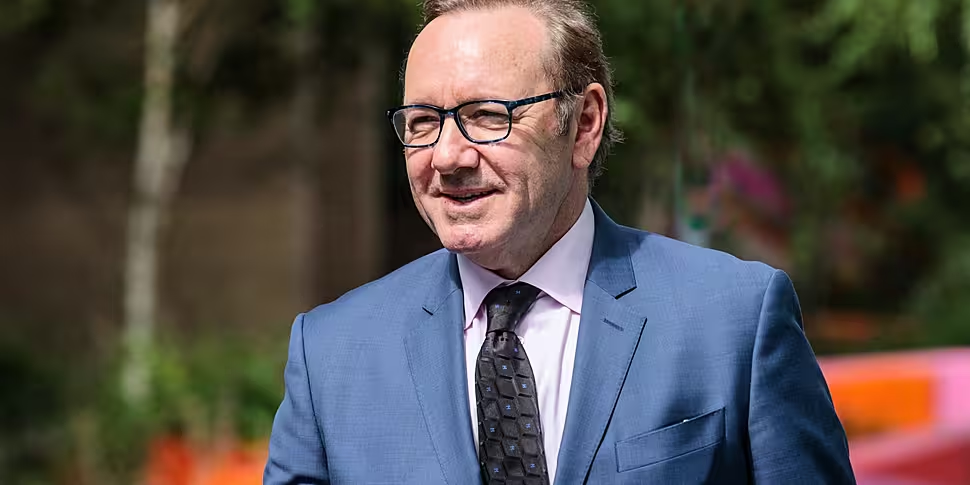Are the victims who came forward during #MeToo now being forgotten as some of those who found themselves ‘cancelled’ work to rehabilitate their image?
Last week, actor Kevin Spacey’s interview with Piers Morgan made headlines around the world after the cancelled actor seemed to be on the verge of tears.
Mr Spacey, who was recently cleared by a London jury of committing sexual offences against four men, got emotional as he discussed selling his home to pay his legal bills.
He also admitted to being “too handsy” in the past.
Some stars have issued statements of support for Mr Spacey after he was found not guilty of criminality, urging the film industry to allow him to return to acting.
Speaking on Newstalk Breakfast, Observer journalist Martha Gill said she noticed the conversation about Mr Spacey’s return was focused on him - with scant mention of the men who complained about his behaviour.
“We all have compassion for people out in the wilderness,” she said.
“None of us like to feel like justice isn’t being perfectly served - maybe the punishment is larger than the crime and maybe there’s no way back?
“In my article, I just wanted to point out that while we fret over people being out in the wilderness and whether it’s perfectly fair, we forget that it used to be the people who were victims of them that we put in the wilderness.
“As we heard when Harvey Weinstein’s crimes became apparent, anyone who turned him down or anyone who talked about what he did to them, their career would be completely over.”
 Harvey Weinstein arrives at a Manhattan courthouse, 6-1-20. Image: Erik Pendzich / Alamy
Harvey Weinstein arrives at a Manhattan courthouse, 6-1-20. Image: Erik Pendzich / AlamyMs Gill said people do not think about alleged perpetrators and complainers “in the same terms” but both have ended up being ostracised by society.
“We don’t use the word ‘cancelled’ for these victims but they were cancelled [too],” she said.
“There’s a kind of parallel system which went on - #MeToo was so good because it ended the blackballing of these victims - finally you could speak out without being cancelled, without being blackballed.
“So, when we talk about these men and the injustice of the concept of cancelling somebody or banishing someone from polite society, we forget that we’re welcoming in a whole bunch of people from the cold - i.e. the victims - at the same that we’re casting out these powerful men to whom nothing unjust has ever happened before in their lives.
“I just think that’s a missing part of the conversation.”
 Barristers in court.
Barristers in court.Ms Gill said in a “perfect world” people would not be punished for bringing forward complaints about someone else’s behaviour towards them.
“You’re not free of it in any society,” she said.
“What the difference is, I think, in more equal societies they tend to sometimes banish high status people as well as low status people.
“Whereas in very unequal societies, it’s often victims and low status people who get banished.”
Harvey Weinstein, perhaps the most high profile #MeToo casualty, had his conviction for rape overturned by a New York court in April and a retrial was ordered.
His conviction for rape in California was not affected by the decision.
Main image: Kevin Spacey outside Southwark Crown Court, London.









